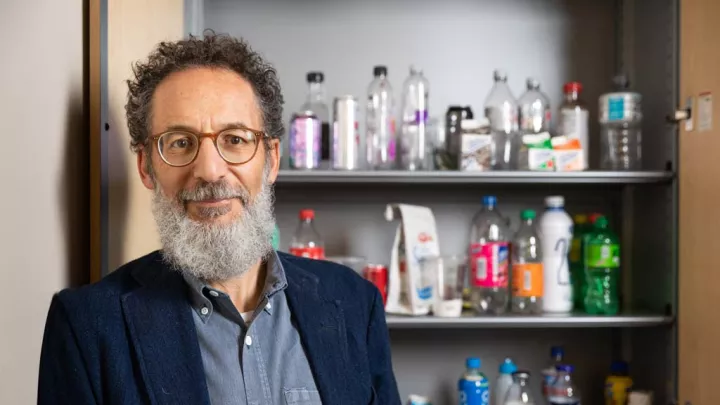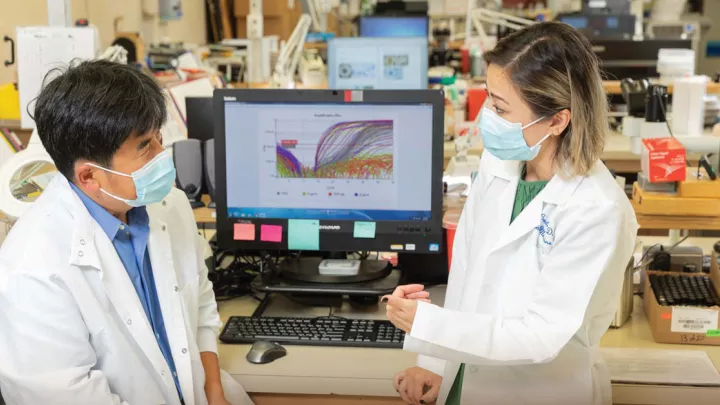
Michele Kipke, PhD
Diagnosis, treatment and early interventions for children with neurodevelopmental disorders
Education
Albert Einstein College of Medicine/Ferkauf Graduate School of Psychology, Yeshiva University
Division of Adolescent Medicine, Department of Pediatrics, Children’s Hospital Los Angeles/USC; Behavior Therapy Program, Department of Psychiatry, Albert Einstein College of Medicine, Bronx Municipal Medical Center
Accomplishments
American Pediatric Society (APS), Society for Pediatric Research (SPR), Society for Adolescent Health & Medicine (SAHM), American Psychological Association (APA), American Public Health Association (APHA), North American Association for the Study of Obesity (NAASO), Academy for Health Services Research and Health Policy (AHSRHP).
Publications
Research
Dr. Kipke’s is widely published on topics that examine individual, familial, peer, and social network influences on youth involvement in risky behaviors. Her research interests include pediatric health outcomes and services research; neurodevelopmental disorders, including autism; access and barriers to health care and disparities in health outcomes; community-level influences on health outcomes, and social epidemiology and health status/outcomes of children, adolescents, and families; community-based translational research and research with at-risk and vulnerable children and adolescents to examine risk factors associated with poor health outcomes, including HIV, injury and violence.
Research Studies
The purpose of this study is to understand the impact of the COVID-19 pandemic on vulnerable families in Los Angeles, including those caring for a child with special health care needs. Information from this research will be used to understand what the key resource and service needs of families are at this time as well as identify interventions that can be developed or adapted to address these needs.


